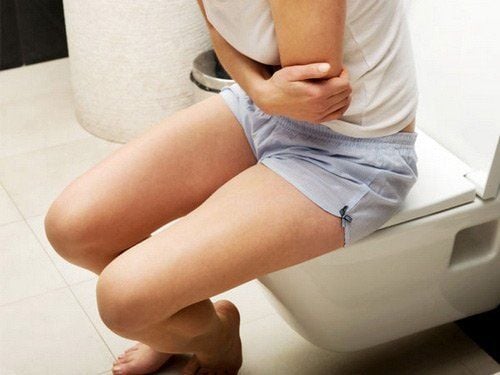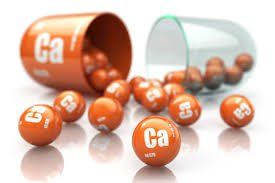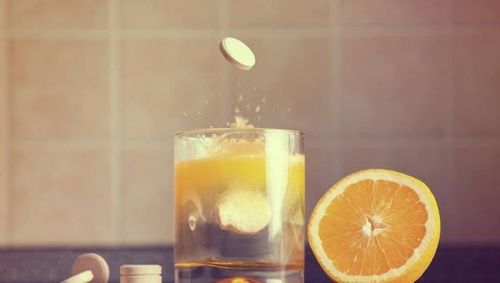Kidney stones often cause significant pain for those affected. However, a proper diet can play an effective role in managing and preventing kidney stones. Staying hydrated, avoiding foods high in salt and sugar, and pairing calcium with oxalate-rich foods are essential aspects of a kidney stone-friendly diet.
1. Understanding Kidney Stones
Kidney stones form in the urinary tract through several mechanisms. Calcium can combine with chemicals such as oxalate or phosphate in urine. This occurs when these substances become highly concentrated, crystallize, and form stones.
Kidney stones can also result from the buildup of uric acid, which is a byproduct of protein metabolism. Since the urinary system is not designed to expel solid substances effectively, the likelihood of kidney stone formation increases, leading to pain. However, the good news is that prevention is manageable through dietary changes.
For individuals recovering from kidney stone surgery, following the treatment plan and dietary recommendations from specialists can significantly enhance recovery and help prevent recurrence. Below, we discuss dietary guidelines for post-surgery recovery.
2. Dietary Guidelines After Kidney Stone Surgery
The type of surgery—open surgery, lithotripsy (stone fragmentation), or endoscopic surgery (minimally invasive surgery)—depends on the severity and size of the kidney stones. Each method requires tailored post-operative care and a specific diet. Questions like "What to eat after endoscopic surgery?" or "What to eat after open surgery?" are common concerns among patients.
Here are some dietary principles and daily habits for kidney stone patients:
2.1. Stay Hydrated
Adequate fluid intake, especially water, dilutes the chemicals that form kidney stones. Patients are advised to drink at least 12 glasses of water daily to reduce the risk of recurrence.
2.2 Increase Citrus Fruits in Your Diet
Citrus fruits and their juices naturally produce citrate, which helps prevent the formation of stones. Beneficial citrus fruits include:
Lemons
Oranges
Grapefruits
2.3 Include Calcium and Vitamin D in Your Diet
Low calcium levels in the body can lead to increased oxalate levels, contributing to stone formation. It is better to obtain calcium from food rather than supplements since calcium supplements have been linked to kidney stone formation.
Good sources of calcium include milk, yogurt, fresh cheese, and other types of cheese. Additionally, for vegetarians, there are excellent plant-based sources of calcium, such as beans, calcium-rich tofu, dark leafy greens, seeds, nuts, and molasses.
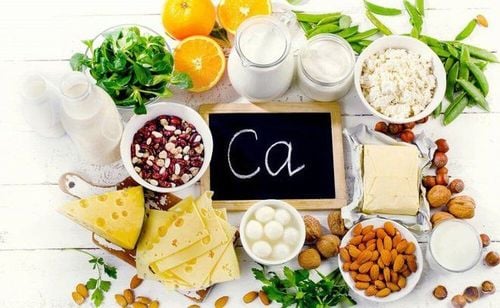
For those who cannot tolerate dairy or do not like the taste of cow's milk, you can try lactose-free milk, fortified soy milk, or goat's milk. Additionally, along with calcium supplementation, it is essential to include foods rich in vitamin D in your daily diet. Vitamin D helps the body absorb more calcium. Many foods are fortified with vitamin D, and it can also be found naturally in fatty fish such as salmon, egg yolks, and cheese.
2.4. Avoid Certain Foods and Drinks
Here are key dietary restrictions to consider:
Limit Salt Intake
Excess sodium promotes calcium buildup in the urine, which can lead to stone formation. Patients should:
Avoid adding salt to meals
Check nutrition labels on processed foods for sodium content
Fast food can contain high amounts of sodium, and so can regular restaurant meals. When dining out, you can request that no salt be added to your dishes.
Additionally, keep track of beverages or fruit juices with high sodium content to eliminate them from your choices.
Reduce Animal Protein Intake in Your Daily Diet
Consuming large amounts of animal protein, such as red meat, pork, chicken, poultry, fish, and eggs, can increase uric acid levels in your blood.
Moreover, excessive protein intake reduces the levels of citrate, a chemical in urine that prevents kidney stone formation. To replace animal protein, consider plant-based protein options such as:
Quinoa
Tofu (bean curd)
Hummus
Chia seeds
Greek yogurt
Since protein is vital for overall health, consult your doctor to balance the right amount of protein in your diet without increasing your risk of kidney stones.
A Plant-Based Diet May Be Ideal
For individuals managing kidney stones, a healthy eating plan should focus on controlling oxalate-rich foods. Oxalates are chemicals that can contribute to kidney stone formation.
If you’ve already had kidney stones, you may want to reduce or completely eliminate oxalate-rich foods from your diet. If you are trying to prevent kidney stones, consult your doctor to determine the right level of restriction based on your condition. When consuming oxalate-containing foods, pair them with calcium-rich foods. This helps oxalates bind to calcium during digestion before they can reach the kidneys.
Foods high in oxalates include:
Chocolate
Beets
Nuts
Tea
Rhubarb
Spinach
Sweet potatoes
Avoid Drinking Cola
Cola should be avoided as it contains high levels of phosphate, another chemical that can promote kidney stone formation.
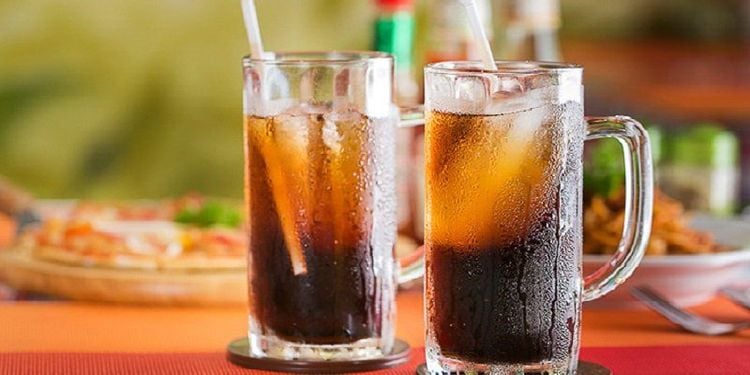
Reduce or Eliminate Added Sugars
Added sugars, including sucrose and fructose, increase the risk of kidney stones. Monitor your sugar intake, especially in processed foods such as:
Baked goods
Fruits
Soft drinks
Fruit juices
Common names for added sugars include corn syrup, crystalline fructose, honey, agave nectar, brown rice syrup, and cane sugar
3. Tips for a Kidney Stone-Friendly Diet
Kidney stones increase the likelihood of recurrence unless active prevention is undertaken. This means that alongside prescribed medications, following a well-structured, scientific diet is crucial for both those managing and recovering from kidney stones.
If you are dealing with kidney stones, your doctor may recommend diagnostic tests to determine the type of stones you have. Based on the results, they will create a personalized diet plan suited to your needs, such as the DASH diet.
Helpful Tips Include:
Drink at least 12 glasses of water daily to stay hydrated.
Consume citrus drinks, such as orange juice, to increase citrate levels.
Include calcium-rich foods in every meal, at least three times a day.
Limit animal protein intake to reduce uric acid levels.
Avoid excessive salt, sugar, and high-fructose corn syrup products.
Steer clear of foods and drinks high in oxalates and phosphates.
Avoid beverages that can cause dehydration, such as alcohol.

For additional questions about post-surgery nutrition for kidney stones, you can consult with doctors through the "Ask the Doctor" section available on hospital websites. Submit your questions, and you’ll receive a response as soon as possible.
Please dial HOTLINE for more information or register for an appointment HERE. Download MyVinmec app to make appointments faster and to manage your bookings easily.


